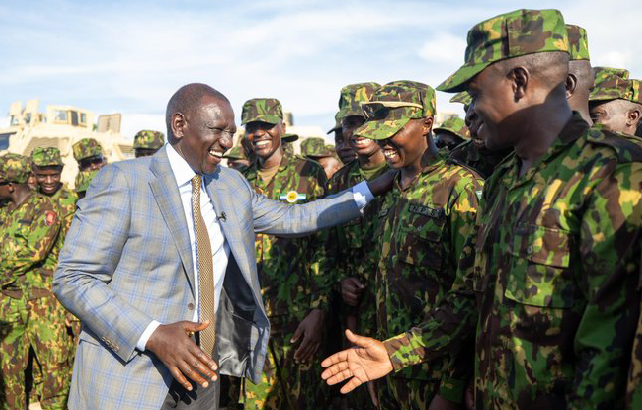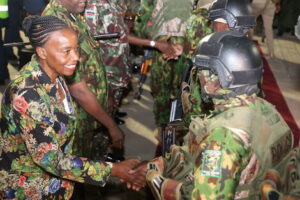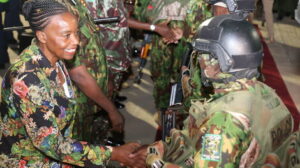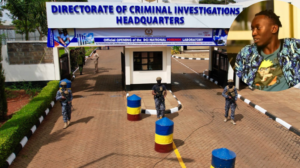Kenya’s participation in the Multinational Security Support (MSS) mission has encountered significant hurdles, particularly in the deployment of critical resources and equipment, despite the country’s contribution of approximately 400 police officers since June 2024.
The mission was established to address growing security concerns in various regions, but the slow allocation of essential support has sparked concerns among stakeholders and nations contributing personnel.
As the United Nations Security Council’s (UNSC) mandate for the MSS nears its October expiry, there has been a push from global players like the United States and Ecuador to extend the mission’s mandate.
They have also suggested transitioning the MSS into a full-fledged United Nations peacekeeping operation.
The move has garnered attention, with many looking to the U.N.’s upcoming vote, scheduled for September 30, 2024, to determine the future of the mission.
Despite Kenya’s early and substantial contribution of security personnel, delays in delivering vital equipment and resources have hampered the mission’s effectiveness.
This issue has been a growing point of contention for Kenyan officials, who are keen to ensure that the country’s involvement yields positive results.
Without the necessary tools and logistical support, Kenyan officers and other MSS contributors have found it increasingly difficult to maintain security operations effectively.
Kenya’s President, William Ruto, has acknowledged these challenges, but also expressed the country’s willingness to continue supporting the mission.
Ruto emphasized that Kenya had “no problem” with the proposed shift toward a formal U.N. peacekeeping operation, should the Security Council approve the transition.
The looming expiration of the MSS mandate has prompted key international stakeholders to take swift action.
The United States and Ecuador, in particular, have circulated a draft resolution aimed at extending the mission by 12 months.
This extension would allow more time for resource allocation, strategic adjustments, and better logistical coordination, all while giving the U.N. a chance to reevaluate the mission’s scope and objectives.
The draft resolution also includes provisions for the possible transition of the MSS into a formal U.N. peacekeeping mission, which would give it broader international support and possibly more streamlined resource deployment.
President Ruto has expressed openness to this transition, viewing it as a way to potentially address the current resource delays and challenges that have plagued the mission.
The U.N. Security Council’s upcoming vote on September 30 will be crucial in determining the fate of the MSS mission.
If the extension and transition are approved, it would mark a significant shift in how the mission operates, potentially bringing much-needed international oversight and support.
The Council’s decision will also reflect broader global consensus on how to address security challenges, particularly in volatile regions where the MSS has been deployed.
As Kenya and other contributing nations await the outcome of this vote, there is cautious optimism that the Security Council will provide the necessary backing for the mission’s continuation.
The extension would not only ensure that Kenya’s 400 officers remain engaged in meaningful security operations but also that future operations are better supported with equipment, logistics, and international cooperation.
As the MSS mission hangs in the balance, Kenya remains a key player in regional security efforts.
The U.N. Security Council’s decision will have a profound impact on Kenya’s role, as well as on the overall mission’s capacity to maintain peace and security in targeted areas.
If the mandate is extended and the MSS is transitioned into a formal peacekeeping operation, it could herald a new chapter for Kenya’s involvement in U.N.-backed missions, providing a more robust framework for the country’s officers to carry out their duties effectively.
All eyes are on the U.N. vote, with stakeholders hoping for a decision that will strengthen the MSS and bring lasting security solutions to the regions it serves.





















Add Comment